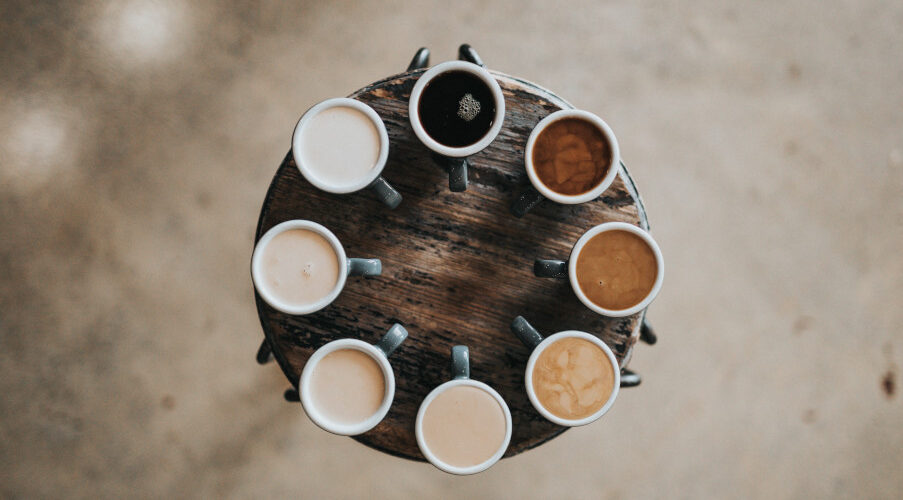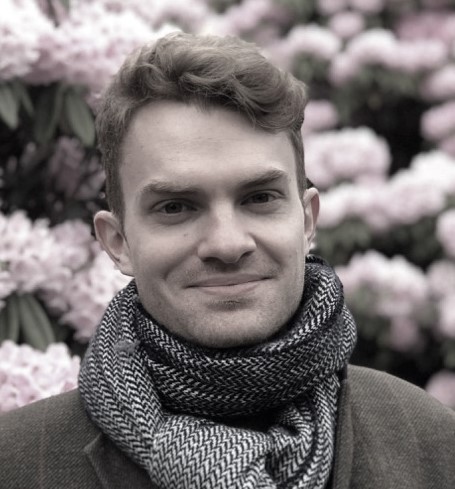
In this post, Daniel Heathcote, a third year PhD student, shares his internship experience of supporting and contributing to Postgraduate Researcher community building across the University. This is the last post of the Learning and Teaching Enhancement theme: Showcasing the Doctoral College.
In May, I started working as a building postgraduate researcher communities PhD intern, hosted by Academic Services. In this role, I was tasked with supporting and contributing to the University’s work on Postgraduate Researcher (PGR) Community Building, as part of the University work on the QAA Enhancement Theme: resilient learning communities. Postgraduate researchers occupy somewhat of a liminal space within the wider University community. While they are clearly no longer undergraduates, they are still students… Many PGR students also find themselves as members of the University’s staff, and yet this is often in the context of shorter-term work. Straddled between these two worlds, PGRs can sometimes slip through the cracks and therefore it is important that the University engages with their needs, particularly around community building.
My first aim was to acquaint myself with practices of community building outside of my own experiences. I attended various meetings with the Institute for Academic Development (IAD), Academic Services, and started conversations with postgraduate representatives from Biological Sciences and Philosophy, Psychology and Language Sciences (PPLS). We planned some focus groups to find out what students considered to be healthy PGR communities and how they can be supported moving forward.
From my conversations with other members of the PGR community some trends presented themselves. I attended the UK Council for Graduate Education’s (UKCGE) International Conference on the Mental Health & Wellbeing of Postgraduate Researchers to find out more about some of the discussions already occurring in this area. An important point raised was that PGR community building seems to be at its best when it develops organically: when PGRs identify a problem and take the initiative to organise a community building project to address it. For example, the PGR representatives in The University of Edinburgh’s PPLS have organised a “Work in Progress” series that meets throughout the year, as well as SolidariTEA: a regular coffee morning. They have been able to adapt to the Covid-19 pandemic by moving their platforms online and, while turnout has dropped significantly, the events have regular attendees.
During the focus groups with PPLS and Biological Sciences some further themes emerged. The obvious elephant in the room was to address how Covid-19 had affected practices of community building. The adjustment to an almost entirely online presence has affected both these PGR communities greatly. Online community building events have been less popular and quite difficult to navigate at times. Despite this, representatives from PPLS and Biosciences have attempted to move some of their usual in-person events online. It has been difficult to sustain all academic activities online and to also be engaged with academic work online too. Everyone seemed to look forward to a future less dependent on these online interactions, hoping for more in-person events.
During my time in this role, I have learned a lot about how different PGR communities within the University develop their communities and the opportunities that exist to support these networks. In conversation with Peer Support, I was able to find out more about the various support schemes available (including PALS and mentoring schemes). I have decided to set up a mentoring scheme with Peer Support to help incoming postgraduate researchers in History Classics and Archaeology (HCA). New PGR students in HCA will be able to ask for a mentor (another PGR student who has been a student at the University for some time). This mentor will be able to offer some support and help students settle in, particularly in their first semester.
During this internship, we have developed outputs and recommendations to support the University’s commitment to community building. One of the most important recommendations we have is to develop a PGR representative roundtable. As already explained, community building is at its best when developed by students. Students therefore would benefit from opportunities to find out more about different community building practices and cultures within the University. An annual or semesterly roundtable where PGR representatives from across the University could share their successes and failures in community building would be beneficial. During these roundtable discussions, PGR communities across the University could learn from one another. The roundtable could also go some way to deconstruct insular cultures in the University and would develop networks that go beyond a school level.
 Daniel Heathcote
Daniel Heathcote
Daniel is in the final year of his PhD studying East African history, in the School of History, Classics and Archaeology. He has worked with the University in building postgraduate researcher communities and in curriculum mapping.

